Chadian Elections: A Shift from Military Rule Amid Opposition Boycott
Chadians are participating in parliamentary elections that conclude a three-year military rule, which is boycotted by major opposition factions. This is the first parliamentary vote in over a decade, following a controversial presidential election led by Mahamat Idriss Deby, who succeeded his father in 2021. The election is a critical step towards restoring democracy.
Chad is currently holding its parliamentary and regional elections, marking the end of a three-year transitional period following military governance. This election, which is the first parliamentary vote in over a decade, is notably boycotted by the main opposition parties. The elections occur months after Mahamat Idriss Deby, who has been leading the junta since 2021 following the death of his father, Idriss Deby Itno, won a controversial presidential election intended to restore democratic processes in the nation.
Chad has experienced significant political upheaval in recent years, particularly following the death of longtime ruler Idriss Deby Itno in 2021. His son, Mahamat Idriss Deby, assumed leadership under controversial circumstances and has since controlled the military-led interim government while attempting to navigate the transition towards democracy. This parliamentary election signifies a critical move towards stabilizing authority in Chad after years of military rule, despite the absence of major opposition participation.
In conclusion, the parliamentary elections in Chad represent a pivotal moment in the nation’s effort to transition away from military rule towards a possible return to democratic governance. However, the boycott by key opposition figures raises questions regarding the legitimacy and inclusiveness of this electoral process. The current situation emphasizes the ongoing challenges in achieving political consensus and stability in Chad.
Original Source: www.wdrb.com
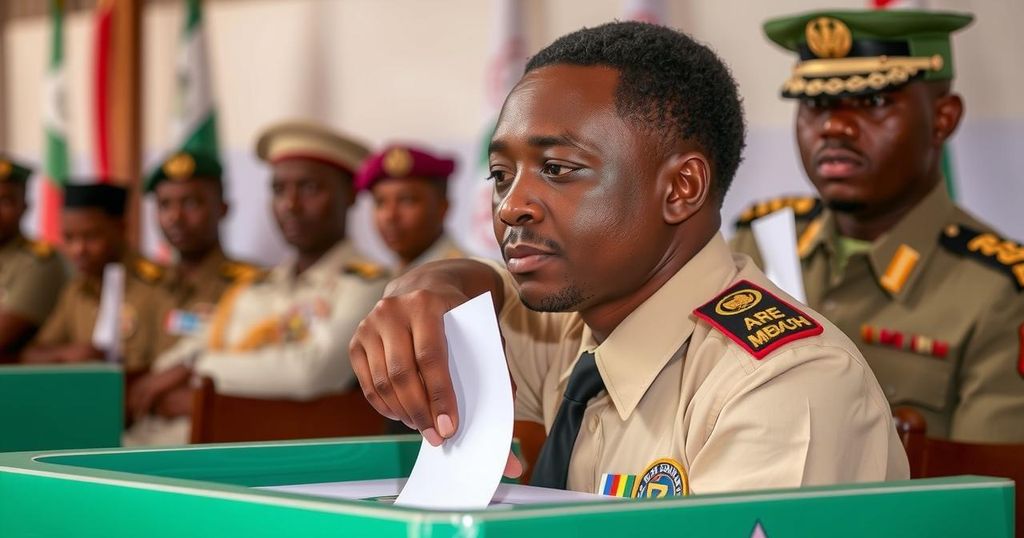
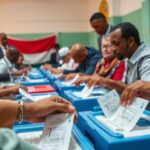

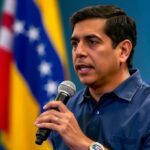
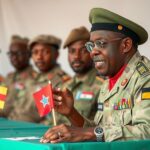

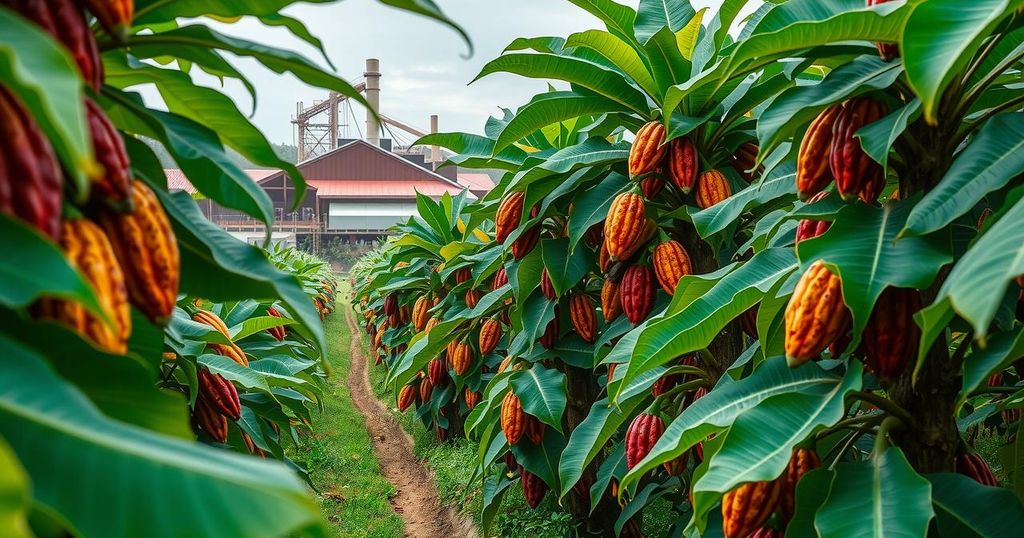

Post Comment